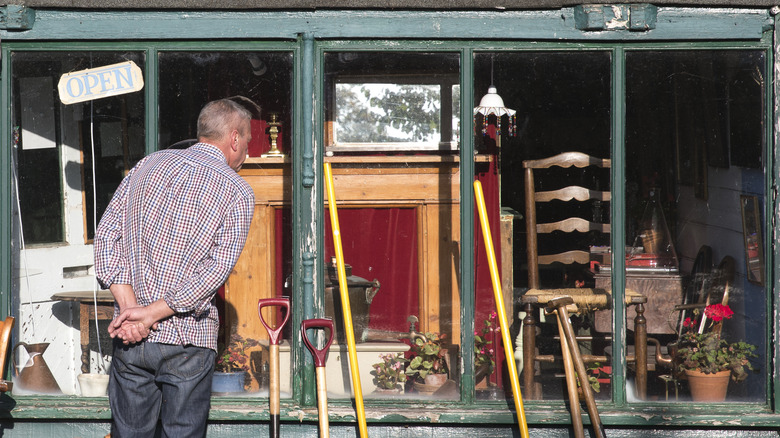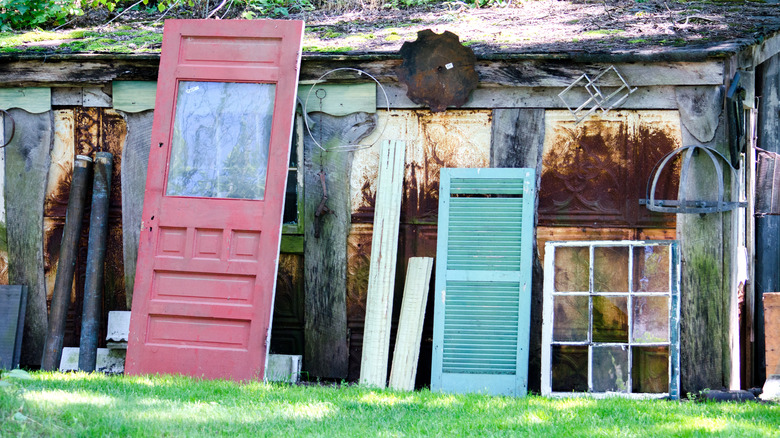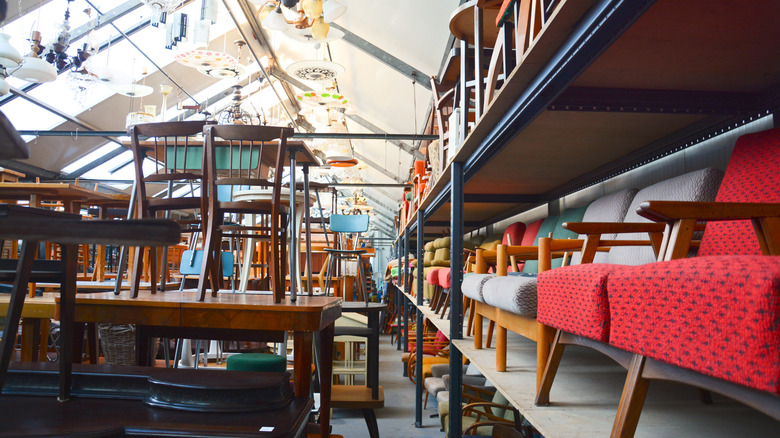Why You Should Check Secondhand Stores To Save Money On Your Home Renovation
Building and renovating a home can be shockingly expensive. While individual items may not seem too expensive, every little doorknob, cabinet hinge, and floor tile adds up to one costly and time-consuming project. It's tempting to want to save money however you can on your building renovation, but how can you cut costs without cutting corners? One solution is to shop at local secondhand stores, such as a Habitat for Humanity ReStore, where you can donate and purchase gently used building materials, lumber, cabinets, doors, windows, and more. While it can take a little more time to find what you need, secondhand shops often have better quality materials at a better price than new retail stores, and you'll find items that are more special to you and your home. In short, shopping secondhand for renovation materials can help you save money, create a unique home, and protect the planet!
Plenty of people are aware of the benefits of buying secondhand furniture, clothing, and home décor, but what does it mean to shop for secondhand building materials, and how can you be sure you're getting a good deal? Learn more about why you should visit your local architectural salvage stores, vintage resale shops, and yard sales to save money on your home renovation, tips for finding the best deals, and which items to pass on.
Good for your wallet, your home, and the planet
The most obvious reason to consider shopping from secondhand stores is to save money on your renovation. Many stores sell salvaged, gently used, and even new donated goods for a fraction of their retail price. Besides saving you money, buying from architectural salvage may also provide you with higher quality and more unique pieces. "You can no longer get the materials at any price that are the quality of antique materials — they simply do not exist," architectural salvage store owner Noreen Parker explained to Bob Vila. From antique fireplace mantles to exotic wood flooring and vintage light fixtures, salvage stores offer a treasure trove of items that are sure to last for years — and earn you some compliments in the meantime.
On a more serious note, buying from secondhand shops is also good for the planet. Construction and demolition projects produce approximately 600 million tons of debris waste every year, according to the Environmental Protection Agency. Up to 30% of all building materials brought into construction sites are never actually used in the project and end up being thrown out as waste (via BigRentz). Buying these materials secondhand helps resellers maintain their salvage business and continue saving these items from landfills.
Smart tips for shopping secondhand
Shopping at salvage yards and other secondhand markets isn't always a walk in the park. Because the merchandise shows up in a wide array of styles, ages, and conditions, you may have to spend some time searching through the piles. To ensure you have the best experience, come prepared with measurements from your home, arrive early to avoid the crowds, and most importantly, keep an open mind. You never know what you might find, so it's good to have a general idea of what you need, but be flexible when it comes to the details. Finally, save yourself some digging time and talk to the owners and employees if you're looking for something specific. Even if they don't have it in stock, they may offer to call you when something similar comes in.
You can also consider bringing in your old and unused items to donate or trade. Some good things to buy and trade at salvage yards include tiles, countertops, bricks, hardware, landscaping materials, windows, doors, appliances, sinks, bathtubs, toilets, and more. If you're lucky, some even cooler finds could include stained glass, handmade furniture, and vintage appliances and décor. Of course, shop smart and be wary of things like wet or warped materials, lead-painted décor, termites in wood, bed bug infestations, and items with missing keys. If you don't have any architectural salvage locations near you, connect with your community through sites like Craigslist, Nextdoor, and Freecycle!


